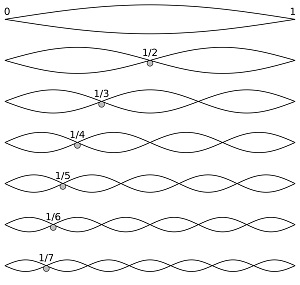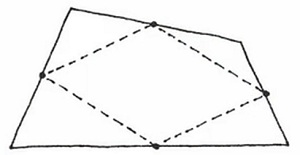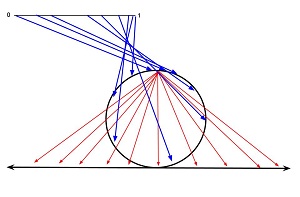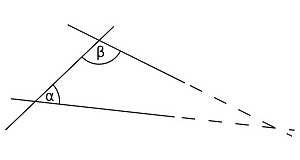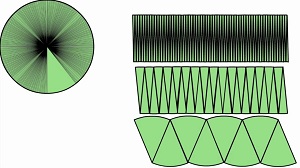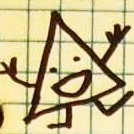7th Grade
The Real Numbers: This course covers the whole numbers, the Integers, fractions, mixed number and decimals. Students learn the meaning and representations of the Real numbers, their relationships to one another and the overall nature of the Real Number systems as consisting of both the Rational and the Irrational numbers.Discovery Mathematics: This course covers advanced topics in Mathematics with a Socratic teaching approach. Each student is encouraged to explore Mathematics in collaboration with his/her fellow students, formulating his/her own theories and eventually coming to significant mathematical discoveries. The standard first year course investigates the concepts of partial sums and limits.
8th Grade
The Operations on the Real Numbers: This course covers the main operations on the Real Numbers of addition, subtraction, multiplication and division. Students learn the meaning of these operations, their properties, how to compute them and most importantly, how to apply them in the real world.Discovery Mathematics: This course covers additional advanced topics in Mathematics with a Socratic teaching approach. Each student is encouraged to explore Mathematics in collaboration with his/her fellow students, formulating his/her own theories and eventually coming to significant mathematical discoveries. A second year course might investigate graph theory, number theory, game theory, social choice, or probability.
High School (10th-12th Grades)
Algebra I/Algebra II: Each student takes one of these courses based on previous Mathematics background and their performance on a placement exam. The topics covered in Algebra I and Algebra II are the standard topics including algebraic expressions, equations, graphing, inequalities, generalized exponents and problem-solving.Logic: This course covers propositions, logical connectives, truth tables, logical equivalences and the validity of arguments. Students learn the basics of logical thinking in a formal way.
Proof: This course covers the meaning of Mathematical proof and the basic methods and processes involved in constructing and writing proofs. Students learn how to put together logical arguments and communicate them effectively to others. The Mathematics involved is wide ranging and proofs in other fields, such as Law, are presented.
The Foundations of Advanced Mathematics: This course covers the central mathematical concepts of sets, equivalence relations and functions. The Mathematics is abstract but powerful and the course culminates with an exploration of the notion of Infinity.
Interested in teaching one of these courses?
Apply to be one of our summer instructors on the Employment Tab

